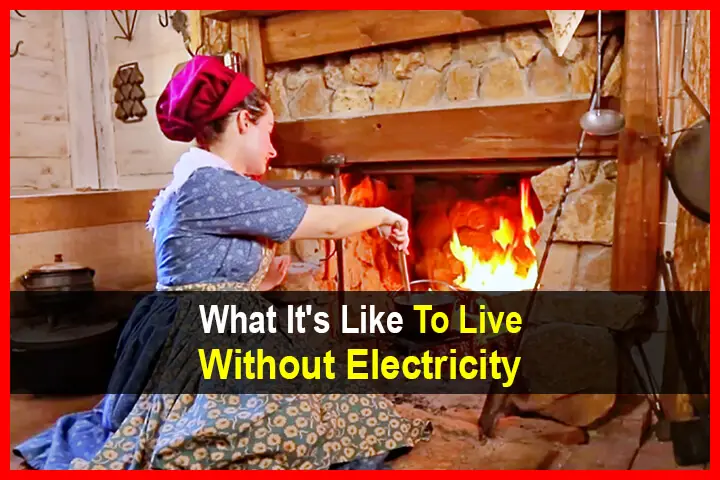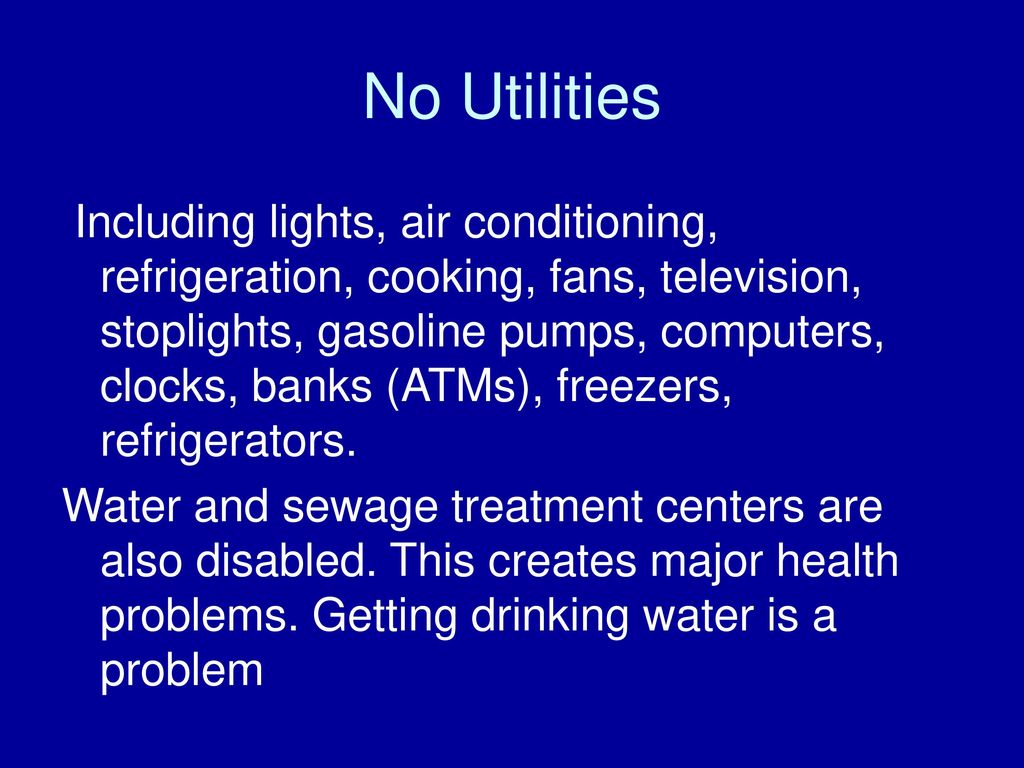Off grid urban living – Off-grid urban living represents a growing movement challenging traditional urban lifestyles. It involves minimizing reliance on centralized utilities like electricity and water grids, instead opting for self-sufficient systems within the city limits. This approach, encompassing everything from small-scale apartment modifications to larger community projects, offers a unique blend of urban convenience and environmental responsibility. This exploration delves into the practicalities, challenges, and societal implications of this innovative lifestyle.
From harnessing renewable energy sources like solar and wind power within dense urban environments to implementing efficient water management systems incorporating rainwater harvesting and greywater recycling, off-grid urban living requires careful planning and resourcefulness. The transition also necessitates a shift in mindset towards sustainable food production through urban farming and composting, alongside mindful waste reduction and recycling practices. This article examines these various facets, providing a comprehensive guide to navigating this increasingly popular lifestyle choice.
Off-Grid Urban Living: A New Paradigm in City Dwellings: Off Grid Urban Living

Source: collapsesurvivalsite.com
While off-grid urban living presents unique challenges, like sourcing alternative energy within city limits, the principles remain the same. For those seeking a more expansive approach, understanding the realities of off grid living in Texas offers valuable insights. This includes managing water resources and waste disposal, crucial considerations applicable even in smaller-scale urban off-grid setups.
The traditional image of off-grid living conjures up scenes of remote cabins and rural homesteads. However, a growing movement is challenging this perception: off-grid urban living. This approach integrates self-sufficiency and sustainability within the confines of a city, offering a unique blend of urban convenience and environmental responsibility. This article explores the multifaceted aspects of this emerging lifestyle, from energy solutions and water management to community building and legal considerations.
Defining Off-Grid Urban Living
Off-grid urban living refers to the practice of reducing or eliminating reliance on centralized city utilities and services within an urban environment. This isn’t necessarily a complete disconnection, but rather a strategic shift towards greater self-reliance in areas like energy, water, and waste management. Variations exist, ranging from partial off-grid systems supplementing existing utilities to fully independent dwellings. Key distinctions from traditional urban living include a heightened focus on renewable energy sources, water conservation, waste reduction, and local food production.
Examples include apartments utilizing solar panels and rainwater harvesting, or houses incorporating composting toilets and vertical gardens.
| Lifestyle | Energy Source | Water Source | Waste Management |
|---|---|---|---|
| Off-Grid Urban | Solar, wind, biogas | Rainwater harvesting, greywater recycling | Composting, recycling, reduction |
| Suburban Off-Grid | Solar, wind, potentially grid connection | Well water, rainwater harvesting | Septic systems, composting, recycling |
| Rural Off-Grid | Solar, wind, possibly generators | Well water, springs, rainwater harvesting | Septic systems, composting, potentially burning |
Energy Solutions in Off-Grid Urban Environments
The feasibility of renewable energy in urban areas is increasingly high. Rooftop solar panels are a common solution, converting sunlight into electricity. Wind turbines, while less common due to space constraints, can be effective in higher-rise buildings or areas with consistent breezes. Energy storage is crucial, with battery systems playing a vital role in storing excess energy generated during peak hours for later use.
Smart home technology can further optimize energy consumption through automated controls and monitoring. The cost-benefit analysis varies based on initial investment, energy needs, and available resources; however, long-term savings and environmental benefits are often significant.
Water Management and Sanitation, Off grid urban living

Source: slideplayer.com
Water management in off-grid urban settings involves multiple strategies. Rainwater harvesting, collecting rainwater from rooftops and storing it for non-potable uses, is a common practice. Greywater recycling, reusing wastewater from showers and sinks for irrigation, further conserves water. Purification methods range from simple filtration to UV sterilization. Composting toilets offer a sustainable sanitation solution, converting human waste into compost.
A well-designed system integrates rainwater harvesting, greywater recycling, and efficient water usage to minimize reliance on municipal water supplies. A step-by-step implementation might begin with a rainwater collection system, followed by greywater recycling, and finally, the installation of a composting toilet.
Food Production and Sustainability
Urban farming presents both challenges and opportunities. Limited space necessitates creative solutions like vertical gardening, hydroponics, and rooftop farms. Techniques such as aquaponics (combining fish farming and hydroponics) can maximize space efficiency. Suitable edible plants for urban off-grid environments include herbs, leafy greens, strawberries, and smaller fruiting plants, selected based on available space and local climate. A vertical garden system for an apartment might involve tiered planters, utilizing walls or balconies to maximize growing space.
- Lettuce
- Tomatoes
- Basil
- Peppers
- Strawberries
Waste Management and Recycling
Minimizing waste is paramount in off-grid urban living. Strategies include reducing consumption, reusing items whenever possible, and diligently recycling. Composting organic waste reduces landfill burden and creates nutrient-rich soil for urban gardens. In limited urban spaces, worm composting or bokashi composting are efficient methods. A simple composting system for an apartment might involve a countertop compost bin for food scraps, followed by transferring the compost to a larger outdoor bin or community composting program.
Community and Social Aspects
Off-grid urban living fosters community building and resource sharing. Neighbors may collaborate on initiatives such as shared composting systems, rainwater harvesting networks, or tool libraries. However, challenges may arise from differing levels of commitment or conflicting approaches to sustainability. Successful off-grid urban communities often establish clear communication channels, shared decision-making processes, and a strong sense of collective responsibility.
Legal and Regulatory Considerations
Navigating legal and regulatory hurdles is essential. Building codes and zoning regulations may restrict the installation of renewable energy systems, rainwater harvesting, or composting toilets. Strategies for navigating these regulations include thorough research, consultation with relevant authorities, and advocacy for supportive policies. Successful advocacy involves engaging with local policymakers and highlighting the environmental and social benefits of off-grid urban living.
Technological Advancements and Future Trends
Emerging technologies are transforming off-grid urban living. Smart home technology optimizes energy and water usage, while advancements in battery technology enhance energy storage capacity. Future trends might include more integrated systems, incorporating AI-powered resource management and personalized sustainability solutions. A futuristic off-grid urban dwelling might feature self-regulating climate control, automated water purification, and integrated vertical farms, all powered by a sophisticated renewable energy system and managed by a smart home interface.
Final Review
Embracing off-grid urban living is not merely a lifestyle choice; it’s a statement about sustainability, resilience, and community. While challenges exist, from navigating building codes to overcoming logistical hurdles, the potential benefits—environmental stewardship, enhanced self-sufficiency, and strengthened community bonds—are compelling. The future of off-grid urban living hinges on technological advancements and supportive policy changes, but its core principles of resourcefulness and community collaboration point towards a more sustainable and equitable urban future.
The movement continues to evolve, demonstrating the adaptability and ingenuity of urban dwellers seeking a more harmonious relationship with their environment.
